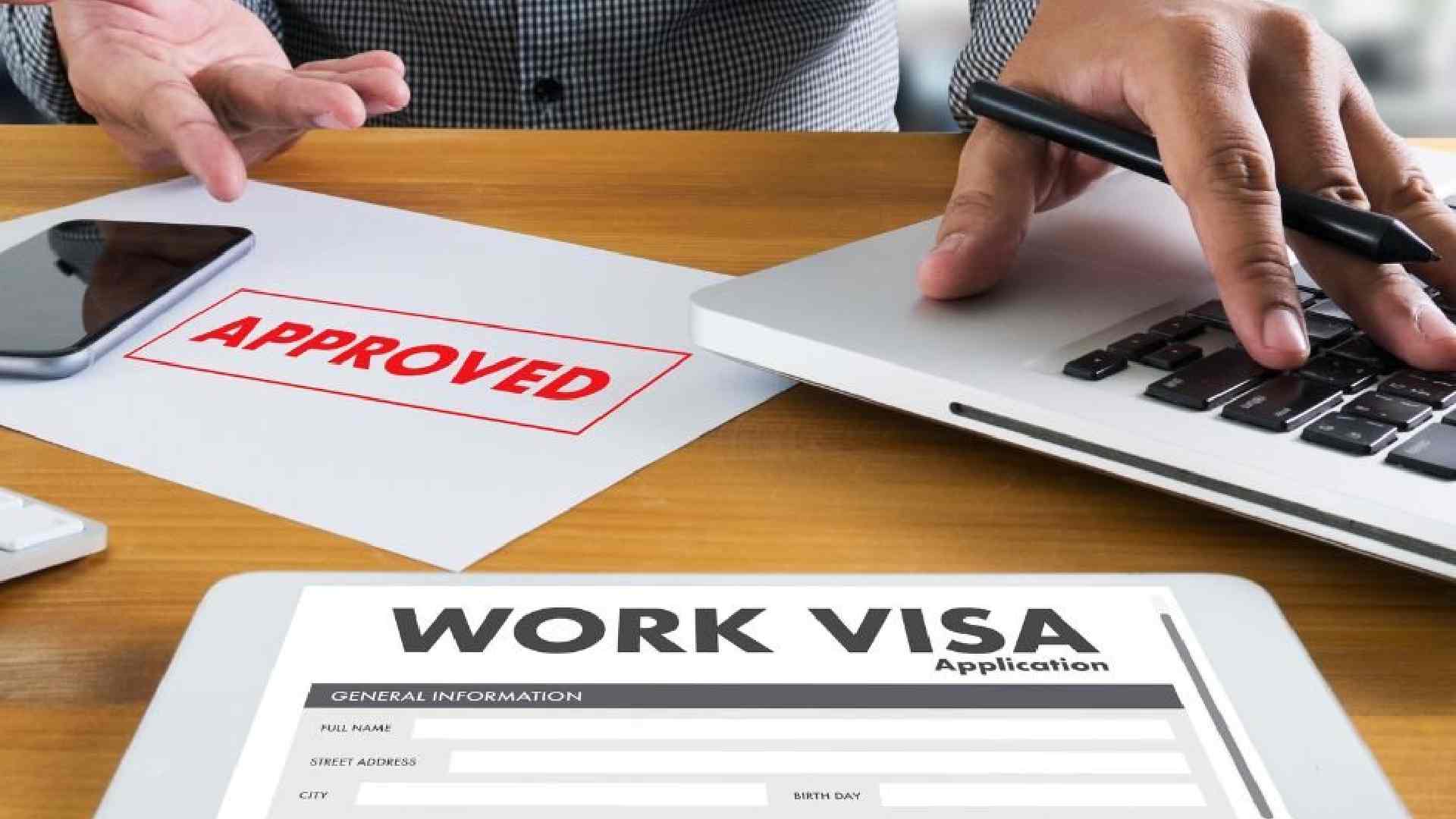The Role of AI in HR: Automating Recruitment, Onboarding, and Beyond

Strong 8k brings an ultra-HD IPTV experience to your living room and your pocket.
Artificial Intelligence (AI) has been reshaping industries across the board, and Human Resources (HR) is no exception. HR professionals are increasingly leveraging AI to automate repetitive tasks, enhance decision-making, and improve employee experiences. From recruitment and onboarding to employee engagement and workforce analytics, AI is playing a crucial role in transforming HR operations. This article explores how AI is revolutionizing HR processes and what the future holds for AI-driven human resource management.
AI in Recruitment: Streamlining Hiring Processes
One of the most significant impacts of AI in HR is in recruitment. Traditionally, hiring the right candidate was a time-consuming and labor-intensive process involving reviewing resumes, scheduling interviews, and assessing candidates. AI has simplified and accelerated these tasks by automating various aspects of the recruitment process.
Resume Screening: AI-powered tools like applicant tracking systems (ATS) use natural language processing (NLP) and machine learning algorithms to scan resumes and shortlist the most relevant candidates based on predefined criteria. This eliminates human bias and speeds up the hiring process.
Chatbots for Candidate Interaction: AI-driven chatbots can engage with candidates, answer their queries, schedule interviews, and provide updates, ensuring a seamless hiring experience while reducing HR workload.
Predictive Analytics: AI tools analyze past hiring data and predict which candidates are most likely to succeed in a given role. This data-driven approach enables HR teams to make more informed hiring decisions.
AI in Onboarding: Enhancing Employee Integration
Onboarding is a crucial phase that shapes an employee's experience and productivity. AI-driven onboarding solutions ensure a smooth transition for new hires by providing personalized assistance and automating administrative tasks.
Automated Documentation and Compliance: AI-powered HR platforms handle paperwork, background verification, and compliance checks, reducing manual effort and minimizing errors.
Virtual Assistants: AI chatbots guide new employees through company policies, benefits, and training modules, making onboarding more interactive and efficient.
Personalized Training Programs: AI helps in assessing an employee’s skills and recommending customized training programs to bridge skill gaps, leading to a more efficient and capable workforce.
AI Beyond Onboarding: Elevating HR Management
AI’s influence extends beyond recruitment and onboarding, playing a pivotal role in workforce management, employee engagement, and retention strategies.
Employee Engagement and Sentiment Analysis: AI-powered analytics can gauge employee sentiment through surveys, emails, and feedback mechanisms, helping HR teams identify concerns and improve workplace satisfaction.
Performance Management: AI can track employee performance and suggest personalized career development plans, ensuring continuous professional growth.
HR Chatbots for Employee Support: AI-driven virtual assistants provide employees with instant answers to HR-related queries, reducing dependency on HR personnel for routine questions and allowing them to focus on strategic initiatives.
Predictive Workforce Analytics: AI can analyze workforce trends, forecast attrition, and help HR teams proactively address employee retention challenges.
Challenges and Ethical Considerations
While AI in HR offers numerous benefits, it also comes with challenges and ethical concerns:
Bias in AI Algorithms: If AI systems are trained on biased data, they can perpetuate discrimination in hiring decisions. Regular audits and diverse datasets are essential to mitigate bias.
Data Privacy and Security: AI systems handle vast amounts of sensitive employee data. Ensuring robust cybersecurity measures and compliance with data protection regulations is critical.
Job Displacement Concerns: Automation may reduce the need for certain HR roles, raising concerns about job displacement. However, AI should be seen as an enabler rather than a replacement, allowing HR professionals to focus on more strategic tasks.
The Future of AI in HR
As AI continues to evolve, its role in HR will become even more sophisticated. Future advancements may include:
Hyper-Personalized Employee Experiences: AI will tailor every aspect of the employee lifecycle, from recruitment to career development, based on individual preferences and performance.
AI-Driven Diversity and Inclusion Initiatives: Advanced AI models will help eliminate bias, ensuring fair hiring practices and promoting workplace diversity.
Enhanced Decision-Making Through AI Insights: AI-driven analytics will provide HR leaders with deeper insights into workforce trends, helping them make proactive, data-backed decisions.
Conclusion
AI is transforming HR by automating recruitment, onboarding, and employee management processes, making them more efficient and data-driven. While challenges like bias and data security must be addressed, the benefits of AI in HR far outweigh the risks. By integrating AI strategically, organizations can create a more productive, engaging, and inclusive workplace, setting the stage for a future where technology and human expertise work hand in hand.
Note: IndiBlogHub features both user-submitted and editorial content. We do not verify third-party contributions. Read our Disclaimer and Privacy Policyfor details.







